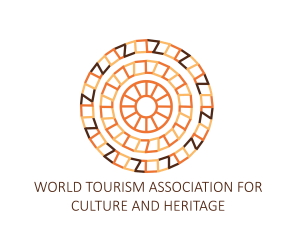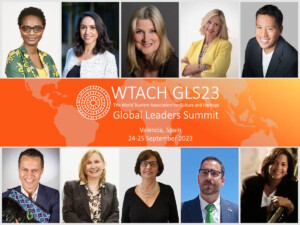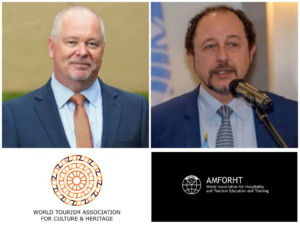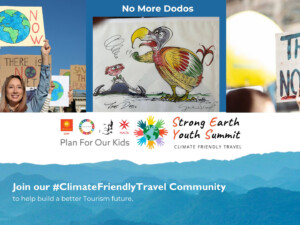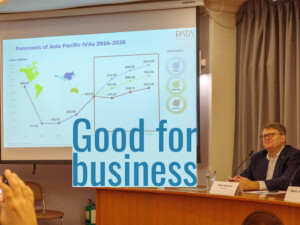Emotions, storytelling, AI, & tech dominate culture & heritage tourism summit
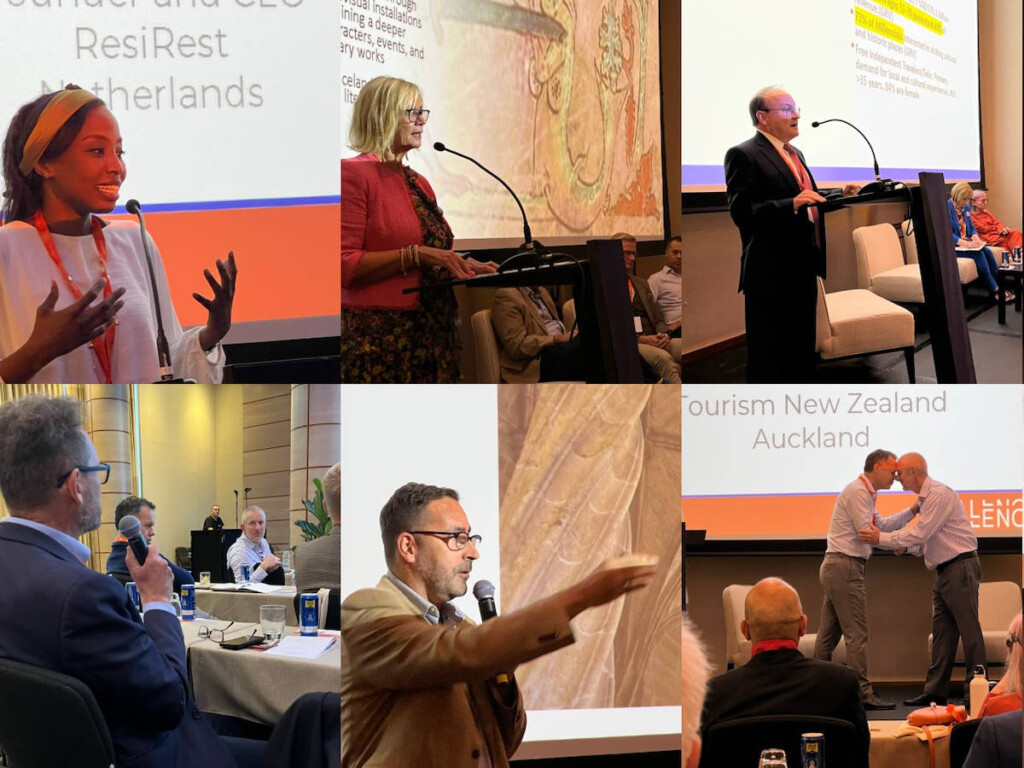
Emotional connection, empathy, and narrative storytelling in an AI age of declining attention spans dominated debate at the inaugural Global Leaders Summit of the World Tourism Association for Culture and Heritage (WTACH).
Heritage tourism experts grappled with complex issues of presenting culture and heritage to tourists at an international gathering of culture tourism experts September 24 – 25 in Valencia, Spain.
Dozens of delegates from 30 countries debated the latest issues, trends, and opportunities affecting the sector, which accounts for 40% of all tourism activity, according to the UNWTO.
Heritage tourism is worth around US$570 billion per year, said Scott Wayne, president at SWA Development. Within the sector, 51 – 70 year olds generate 60% of its revenue. However, 73% of millennials were interested in visiting cultural and historical places.
The role of technology, not least artificial intelligence, was centre stage at the summit, where presenters shared the latest cultural and heritage tourism insights from Iceland, Belize, Finland, Spain, Morocco, Ras Al Khaimah in the UAE, and other destinations.
Certain issues unite all destinations.
“We should be more worried about artificial intelligence than climate change,” said Yrjotapio Kivissari, CEO of Visit Oulu, Finland. He admitted that while many operators, including his organisation, use artificial intelligence, the technology is being abused by destinations happy to mix fake images with real ones in their marketing.
However he predicted that AI would very quickly remove language barriers in culture tourism settings.
Also on technology, Wanderlust magazine revealed 3D headsets which gave destinations the ability to show 360-degree immersive visual and sound experiences. To great effect, Wanderlust executives used samples from Petra, Fiji, the Norwegian fjords and the Holi festival of colours from India to show how immersive headset technology is transforming destination marketing.
Delegates learned that new technology can serve traditional local artisans and communities. For example, ResiRest has established itself as a social enterprise that helps 9,000 families in 50 countries by connecting them with tourists who want an authentic destination dining experience with a local family in their house.
Similarly, the Tuzmo website allows tourists to not just find and meet local artisans such as wood carvers, weavers and sculptors, but makes it easy for the tourist to order and ship any artefact they buy from the artist.
On attention span issues, delegates said it was imperative for museums and built attractions to convey a narrative story with emotion and empathy, preferably with multiple access points to the story.
Stephen Ryan, heritage design director at Freeman Ryan Design, Australia, told the audience that the average time duration for video clips in museums was always going down.
On heritage tourism finance, delegates admitted that the fight for adequate funding was perpetual. It was imperative for governments and donors not to just think about ROI in terms of money but also job creation, a sense of ownership and pride, training and employability, cultural value, environmental gain, and social inclusion.
Summit attendees said that there should be a task force set up to address investment issues in culture and heritage tourism.
The event’s debate facilitator, Rajan Datar, told the audience that WTACH should consider supporting skills in financial proposal writing.
However, a delegate from French Polynesia said that it was imperative for politicians to listen, but the only way to ensure that was to “vote well”.
Closing the summit, Nigel Fell, CEO of WATCH announced that Johannesburg, South Africa would host the 2nd WTACH Global Leaders Summit in September 2024.
Chris Flynn, Chairman and founder of WTACH, said: “There was a wonderful engagement between varied culture and heritage tourism leaders, analysts and stakeholders at the inaugural WTACH summit in Valencia.
“We will build on the success and take the important work of culture and heritage in tourism to the next level in Johannesburg next year.”
About World Tourism Association for Culture and Heritage (WTACH)
WTACH seeks to establish clear goals, objectives and strategies for the protection of cultural heritage through responsible and sustainable tourism practices. Working in collaboration with public, private and specialist academic sector organisations, WTACH determines best practice ethical principles and standards in line with the most robust global research available. WTACH was established in 2018 by Chris Flynn, formerly Director – Pacific, at the Pacific Asia Travel Association. WTACH is based in New South Wales, Australia. Visit www.WTACH.org. Email: [email protected]


